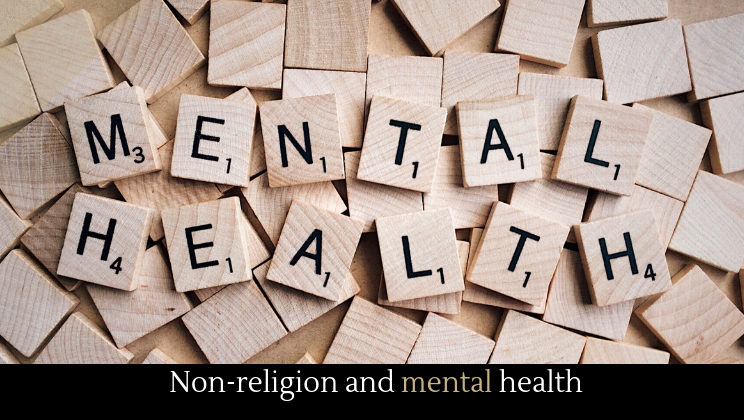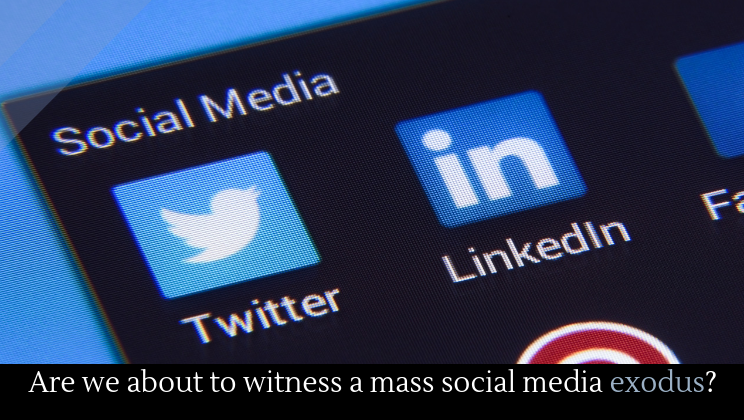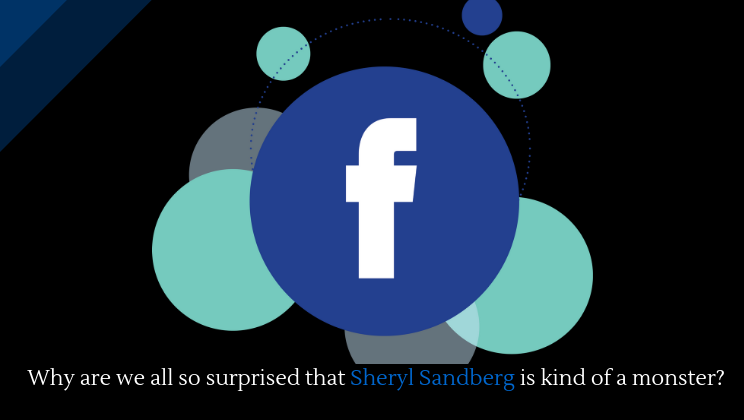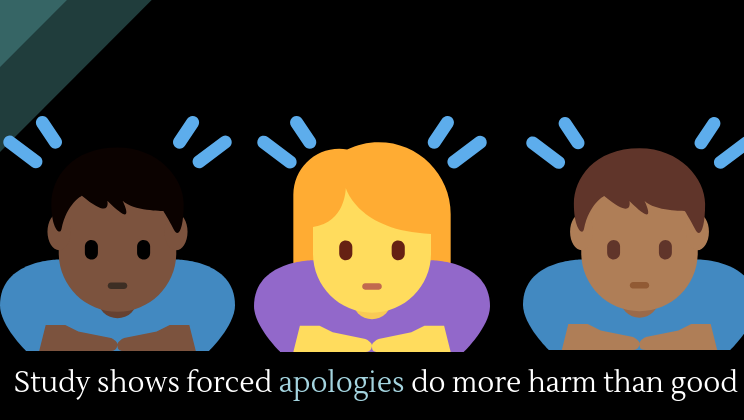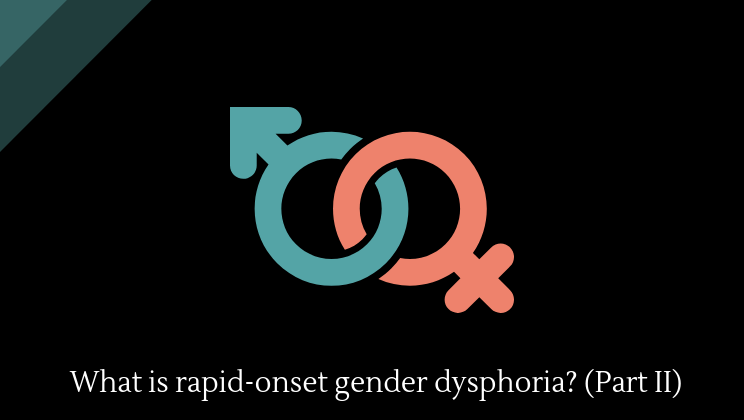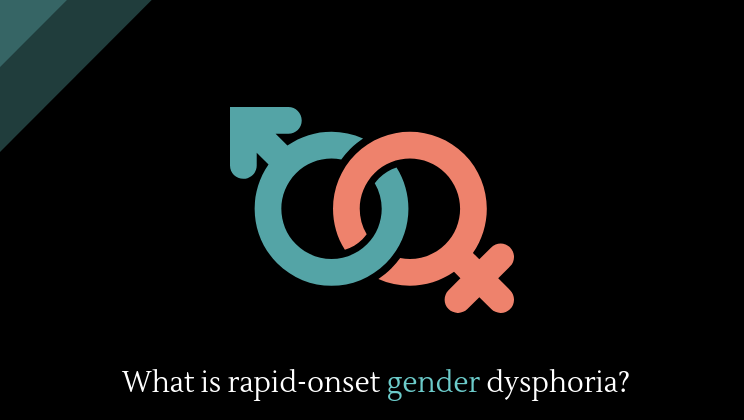Author: Josh Taylor
Ajit Pai admits Russia meddled in net neutrality process
Posted by Josh Taylor / December 6, 2018In a stunning move, Ajit Pai admits that Russia meddled in the net neutrality process by filing millions of fraudulent claims. It’s not stunning that Russia did it, it’s stunning that Ajit Pai, one of the most hated men in America, admitted it!
A Daily Dot piece quotes Democratic FCC Commissioner Jessica Rosenworcel, who said: “As many as nine and a half million people had their identities stolen and used to file fake comments, which is a crime under both federal and state laws. Nearly eight million comments were filed from e-mail domains associated with FakeMailGenerator.com. On top of this, roughly half a million comments were filed from Russian e-mail addresses. Something here is rotten—and it’s time for the FCC to come clean.”
But even though Ajit Pai said it’s fact, the legal reality is different. According to Gizmodo, “But in a court filing just a few weeks ago, an assistant U.S. attorney assigned to represent the FCC in a case brought by the New York Times made a notably divergent claim: that the commission remains unconvinced of any meddling by Russian bots, residents, or government officials in the FCC comment system.”
More tech news.
Read MoreAlexandria Ocasio-Cortez may be the last true Leftist
Posted by Josh Taylor / December 5, 2018Alexandria Ocasio-Cortez is the rising star of the Democratic Party. Forget Beto O’Rourke (see forthcoming post about why he absolutely should not be the presidential nominee for the Democratic Party), Ocasio-Cortez has passion, likability (mostly), and most importantly, she’s got true conviction.
Whether you like Ocasio-Cortez or her politics, we must respect her commitment to her political beliefs, especially at a time when politicians like Ted Cruz trumpet their Christianity to get votes but do not live their faith. In her first week in Congress, Ocasio-Cortez has already lambasted her colleagues for fighting affordable healthcare when they have incredible insurance, and now she’s going to pay her interns $15 an hour when only 8% of Republicans and 4% of Democrats pay their interns at all.
I’m reminded of Camille Paglia, an academic who said in an interview with Jordan Peterson that the once-leftist academy is now filled with phonies:
Camille’s point is basically this. The left used to care about working people. Academics used to be the leftiest of the left, but if you go to any college campus now you can bet that professors aren’t walking out over the terrible pay of the sanitation staff or the tremendous debt students are getting saddled with. They’re faux-left, faux-liberals.
Love her or hate her, it doesn’t seem (yet), that Alexandria Ocasio-Cortez is a fake.
Read MoreNon-religion and mental health
Posted by Josh Taylor / December 5, 2018Religious “nones” make up about 23% of the United States population. Of those, about 3% are atheists, 4% are agnostics, and 16% nothing in particular. Given that religion is, generally speaking, good for mental health, it’s worth pondering whether non-religion is bad for mental health.
This Psychology Today piece suggests that religiousness or non-religiousness is not necessarily the issue. Staunch atheists are as mentally healthy as the devoutly religious. The Psychology Today piece concludes:
Richard Dawkins himself has joked about atheists possibly being ‘despairing neurotics driven to suicide by relentless cosmic angst’ because they lack the emotional and psychological consolations of religion. However, emerging evidence suggests that convinced atheists may derive consolation from a certainty of belief in their own solidly-held worldview, leading to similar mental health to the highly-religious.
The author is correct, and this conclusion reinforces the idea that the way we understand religion in America isn’t quite right. We tend to equate religion simply with belief or faith, but it’s much more than that. Religion is a way of structuring reality. It helps us make order out of chaos, enabling us to get out of bed in the morning with a sense of security.
More about religion.
Read MoreAre we about to witness a mass social media exodus?
Posted by Josh Taylor / December 4, 2018Facebook is becoming less and less popular. Twitter has been declining for awhile. Snapchat is still popular, but a series of bad moves might alienate Snapchat users. To add to these social media giants’ problems, more and more data––both scientific and anecdotal––is coming out about how bad social media is for individuals and society.
One psychologist has called social media a parasite of the brain:
Social media are like Ben and Jerry’s for our brain’s social modules – our brains light up on receiving quick access to gossip, jokes, and “likes” from dozens of friends all at once for minimal effort. But like too much ice cream, too much social media doesn’t seem to be good for you, even if your brain thinks it feels good.
Blog posts are detailing peoples’ social media detox experiences. A tech reporter for CNBC recently published the results of her own 30-day social media detox: “In short, I started to feel happier and lighter.” Former social media execs won’t let their kids use social media (imagine if a restaurant chef didn’t let family eat its food because it was unhealthy, or if a car company exec wouldn’t let family members drive their cars because they were too dangerous).
More social media.
Read MoreWhy “Last Week Tonight’s” authoritarianism segment is lazy, even for faux-journalism
Posted by Josh Taylor / December 4, 2018In a recent episode of Last Week Tonight, John Oliver devoted the long, investigative section to a study of authoritarianism around the world. His ultimate aim, as it has been every episode this season, was to attack President Trump.
In the segment, Oliver and his team identified three traits most authoritarian dictators share: projecting strength, demonizing enemies, and dismantling institutions. He goes through and looks at how authoritarian leaders in Brazil, the Philippines, and Russia all share those traits, and then he suggests that Trump does the same.
Here’s the thing, it’s pretty clear that Trump does all those things––but most presidents do similar things. Obama lambasted Republicans who didn’t agree with him, spread government surveillance at home, and expanded drone bombing, for example. The point is not that Obama was an authoritarian (despite Republican claims), but rather that Oliver’s segment used a very vague set of categories to define authoritarian. The reason he did that seems clear: to ultimately bring the point back to Trump.
The danger of such a story, especially when it’s presented as legitimate investigative journalism, is that it blurs fact and opinion intentionally. It’s “fake news,” in other words, masquerading as real news that’s disguised as fake news.
Read MoreWhy are we all so surprised that Sheryl Sandberg is kind of a monster?
Posted by Josh Taylor / December 4, 2018Sheryl Sandberg is, arguably, the most famous businesswoman in America. She set an example––good or bad––for women in tech, and her fall from grace might have implications for women in tech. But that’s precisely what’s muddying the waters as her reputation plummets and the evidence of her true nature becomes more obvious. Some people are getting wrapped up in the question of her gender. Is she being treated unfairly because she’s a woman?
That’s not the point we should focus on, though. What we should focus on is the pattern Sandberg fits into. Sandberg and Zuckerberg are the latest in a long trend of simply ruthless, dictatorial tech leaders like Bill Gates and Steve Jobs. We venerate them, we hate them, but we don’t think about where they come from.
One of the origins of such behavior is the Harvard Business School. Vanity Fair writes, “The truth is, Harvard Business School, like much of the M.B.A. universe in which Sandberg was reared, has always cared less about moral leadership than career advancement and financial performance.”
The truth is, we teach our leaders to be ruthless and e praise them for being that way––until finally things go too far. Once stock prices drop, then we punish. We reward corporate psychopaths as long as they make money.
More tech.
Read MoreWelcome to 2018: “Lord of the Rings,” “Sabrina,” “Baby It’s Cold Outside” all deemed offensive
Posted by Josh Taylor / December 3, 2018The Christmas classic “Baby It’s Cold Outside” won’t be played on a Cleveland radio station after listeners (or listener, singular) complained that it was too offensive.
EW reports:
It seems the station received a call complaining the song is inappropriate in 2018, and after a listener poll on the WDOK website supported this sentiment, they decided to ban the song from their Christmas radio play. “People might say, ‘oh, enough with that #MeToo,’ but if you really put that aside and listen to the lyrics, it’s not something I would want my daughter to be in that kind of a situation,” midday host Desiray told Cleveland’s Fox 8. “The tune might be catchy, but let’s maybe not promote that sort of an idea.”
The station itself wrote in a blog post:
Now, I do realize that when the song was written in 1944, it was a different time, but now while reading it, it seems very manipulative and wrong. The world we live in is extra sensitive now, and people get easily offended, but in a world where #MeToo has finally given women the voice they deserve, the song has no place.
The Netflix “Sabrina” series is also under attack for being offensive––not to women, but to Satanists. Oh, and don’t forget Lord of the Rings, which is apparently racist.
Hopefully “Sabrina” and LotR don’t go the way of “Baby it’s Cold Outside” and get banned because, as we all know, banning books and other media doesn’t usually go well. At the very least, it stifles conversation. At the very worst, it’s authoritarian.
More about music.
Read MoreTrump refuses to sign G20 climate agreement, Attenborough warns of civilization collapse
Posted by Josh Taylor / December 3, 2018The twenty countries with the largest economies (the G20) recently met in Buenos Aires. At the G20 summit, every country but one signed a climate accord. According to Newsweek, the “climate accords sets targets for countries to reduce carbon emissions to fight global warming and keep global temperatures under 2 C.” That country, unsurprisingly, was the United States.
Trump did sign a joint communiqué at the end of the summit––a victory for the G20 since Trump has been famous for stonewalling such international gatherings by refusing to sign joint communiqués. That document contains the following paragraph, explaining the United States’ position:
The United States reiterates its decision to withdraw from the Paris Agreement, and affirms its strong commitment to economic growth and energy access and security, utilizing all energy sources and technologies, while protecting the environment.
David Attenborough, arguably Britain’s––perhaps the world’s––most beloved scientist, said at summit: “Right now we are facing a manmade disaster of global scale, our greatest threat in thousands of years: climate change. If we don’t take action, the collapse of our civilisations and the extinction of much of the natural world is on the horizon.”
The summit also featured Trump awkwardly walking off stage while telling an aide to “get me out of here” on a hot mic. The Independent implied that the President’s mind was slipping because he often makes such blunders.
More news.
Read MoreOverdoses are so high that they’re dragging the average US life expectancy down
Posted by Josh Taylor / December 2, 2018The average life expectancy in the United States is declining, largely due to the “staggering” rise of overdose deaths. According the New York times article cited above,
New numbers Thursday from the Centers for Disease Control and Prevention show that drug overdoses killed more than 70,000 Americans in 2017, a record. Overdose deaths are higher than deaths from H.I.V., car crashes or gun violence at their peaks. The data also show that the increased deaths correspond strongly with the use of synthetic opioids known as fentanyls.
NPR also reports that the rise in suicides has contributed to the decline in the average life expectancy:
At the same time, suicide rates have also steadily increased, according to the CDC, making it the 10th leading cause of death in the U.S. — and the second most common cause of death for people ages 10 to 34. That age range dovetails with the data on drug use, which showed people age 25 to 54 dying at higher rates than their older counterparts.
The situation is so extreme that Dark Web dealers are voluntarily banning the sale of fentanyl. This is not necessary out of magnanimity or benevolence. Rather, dealers are fearful that the government is soon to crack down on the sale of these drugs.
More health news.
Read MoreStudy shows forced apologies do more harm than good
Posted by Josh Taylor / December 2, 2018A recent study has suggested that forcing a child to apologize before he or she knows why they’re apologizing might do more harm to the situation than good.
Imagine a scenario like this. Little Billy took little Sally’s toy during playtime. Mom or Dad makes Billy apologize, but they don’t explain why Billy has to apologize. So Billy says his sorry, but he doesn’t know why he has to––he just feels resentful that Sally tattled on him, or that Sally somehow caused him to be in trouble. From one of the researchers:
Make sure the child understands why the other person feels bad, and make sure the child is really ready to say ‘I’m sorry.’ Then have them apologize. Coercing your child to apologize is going to backfire. Other kids don’t view that apologizer as likable. The teachable element of having the child apologize has gone away and the goal of the apology prompt—to help your child express remorse, soothe someone else’s hurt feelings and make your child more likable—is lost.
The upshot is this: for kids (especially aged 7-9), use the apology opportunity to teach empathy for the wronged party. Explore with the child why the other party might feel bad.
But even adults have a hard time apologizing. If that’s you, try this method: listen to the complaint and restate it in good faith, explain your intent but don’t justify yourself or argue, suggest how you’re going to improve, and reinforce the relationship.
More lifehacks.
Read MoreWhat is rapid-onset gender dysphoria? (Part II)
Posted by Josh Taylor / December 1, 2018At the end of the previous post, I cited a Medium article arguing against the term “rapid-onset gender dysphoria” on these grounds:
Transgender kids exist. They don’t have magical powers of persuasion to “turn” your child transgender. (If trans people did possess such powers, I can assure you that way more than 0.7% of the population would be transgender by now!) And if your child tells you that they are experiencing gender dysphoria, it isn’t because they’ve been “turned trans” by other children, or because it’s “trendy” (because seriously, it’s not — if it was, way more than 0.7% of the population would be transgender). Far and away, the most likely explanation is that they are simply experiencing regular old gender dysphoria. I encourage you to take them at their word, and give them the space to explore their gender and figure out who they are for themselves.
I want to challenge the author, though. She dismisses societal influence as “magical powers” or “trendy.” But social forces are real––according to the founder of sociology Emile Durkheim, they’re the only thing that’s real––and they should not be dismissed so quickly. And, as it happens, there is a sociological concept that does make sense of rapid-onset gender dysphoria: anomie. One sociologist describes it well:
Anomie, translated from French means normlessness, when things happen in society, change occurs so fast and we do not know what the norms are. Do we go back to the old norms? Create new ones? What happened to the current norms, why do they no longer apply?
I’m not suggesting that anomie explains it all, just that it must be considered––as this psychologist suggests.
Read MoreWhat is rapid-onset gender dysphoria?
Posted by Josh Taylor / December 1, 2018In the past several decade or so, Americans have struggled to understand what transgender identity, formerly called “transgenderism” is and where it comes from. Recently, some have observed that transgender identities have been rising––or seem to have been rising––at an exponential rate. One possible answer to why that might be is a fancy-sounding concept: Rapid-onset …
Read More

